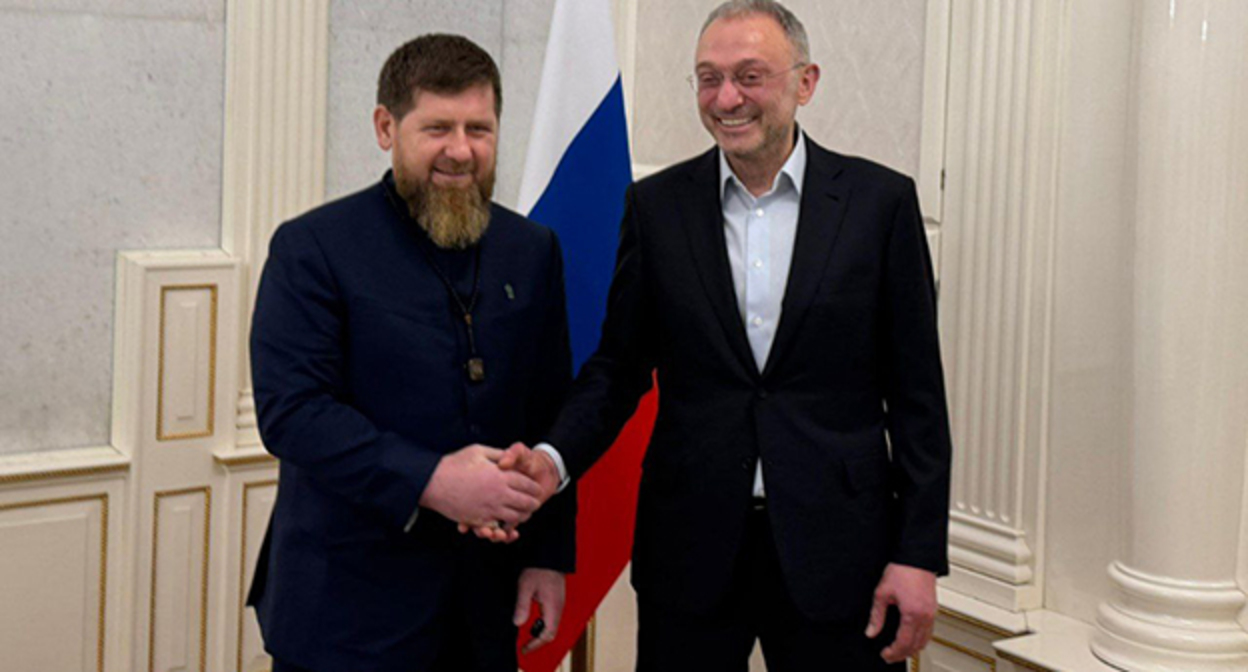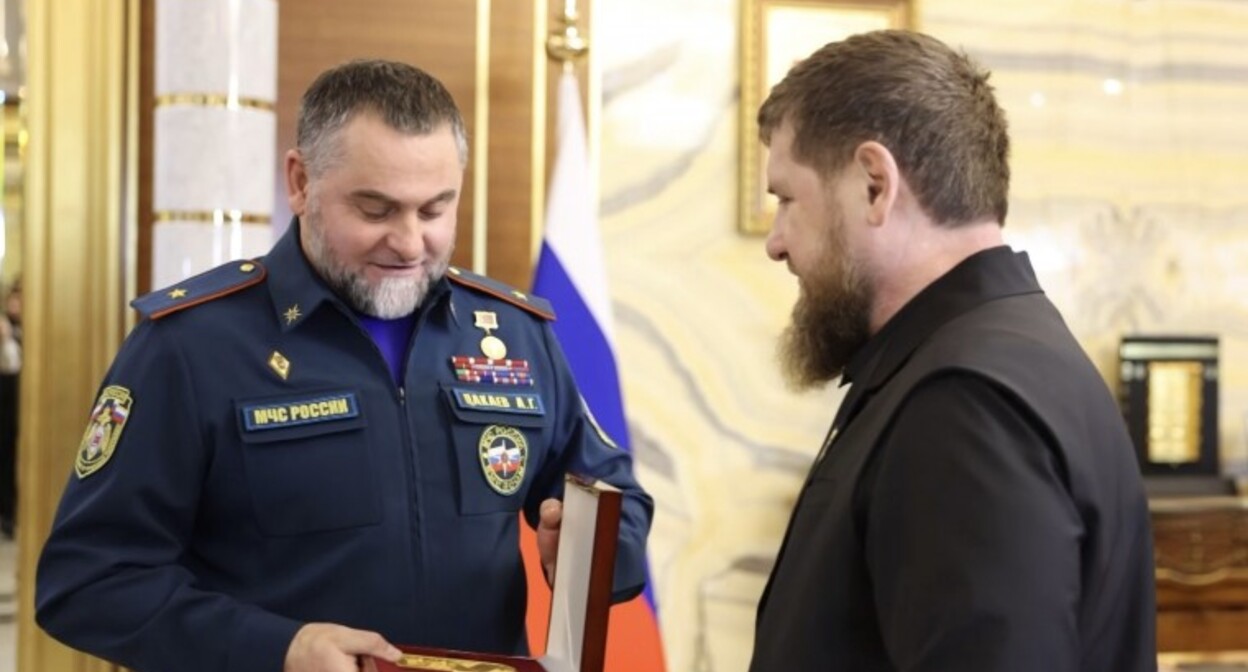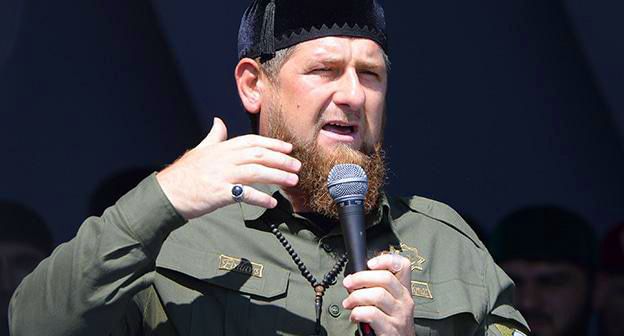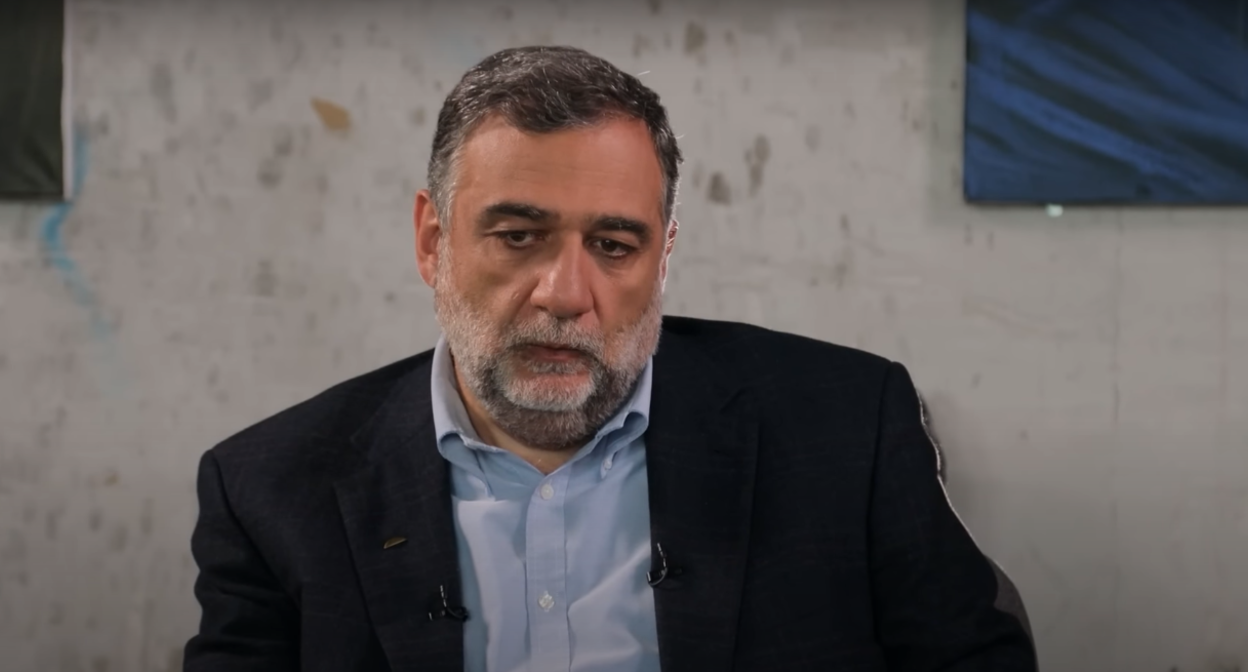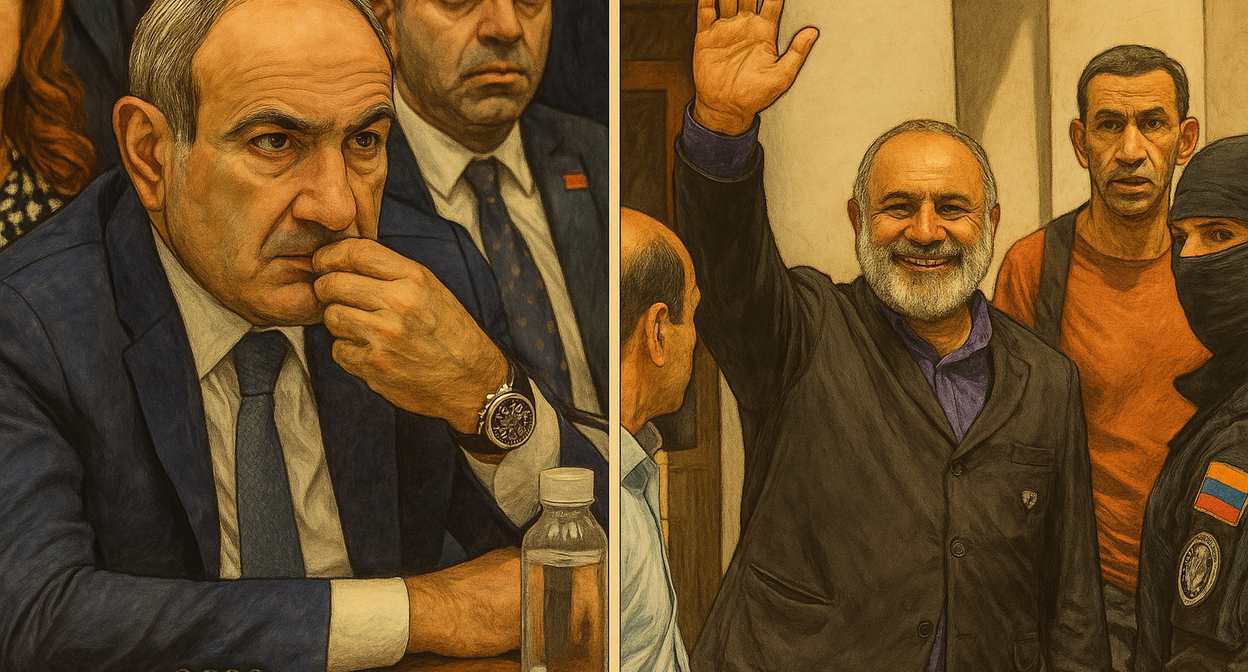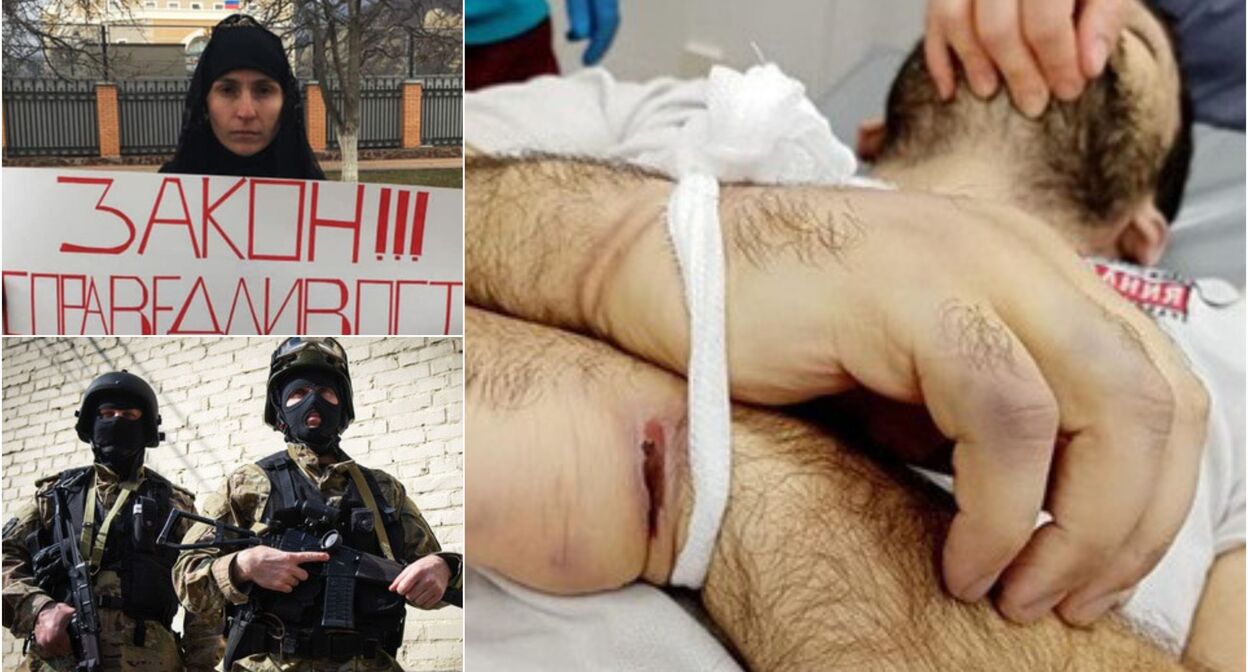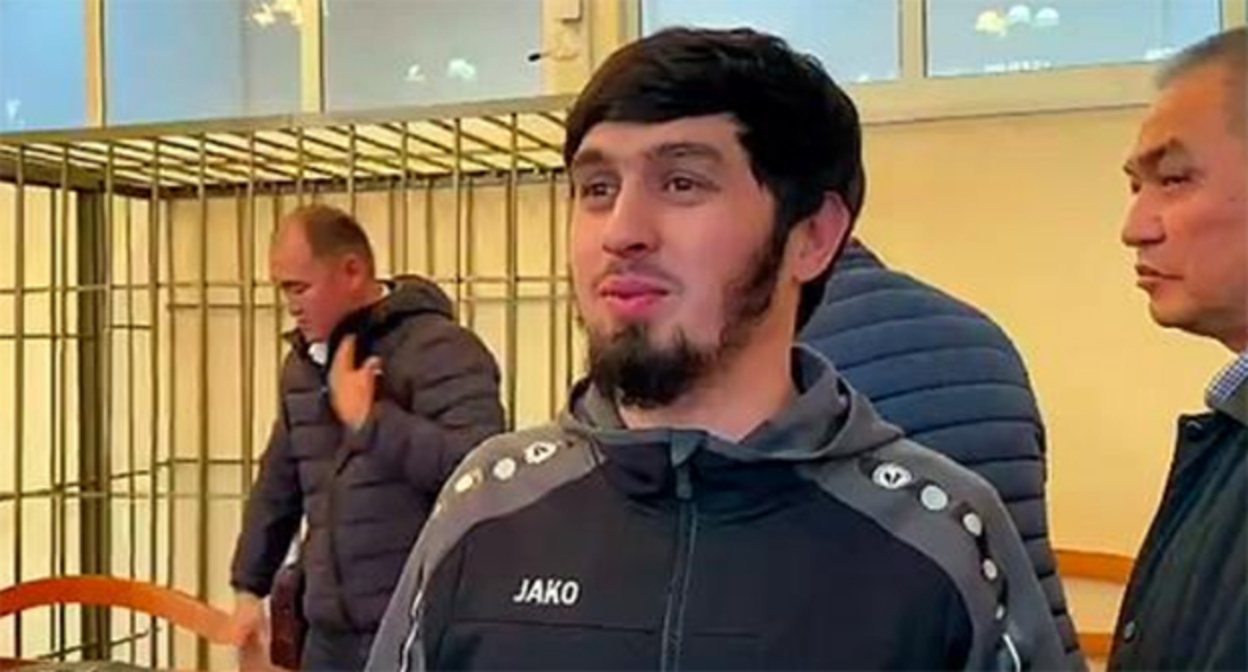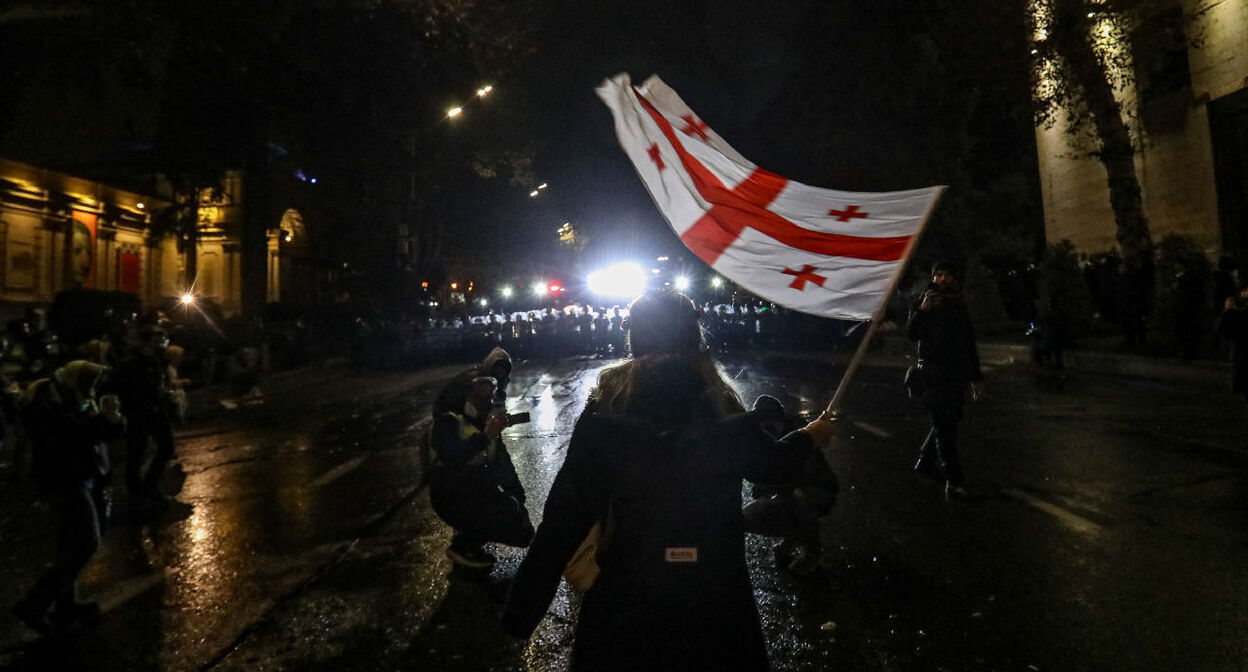15:33, 28 марта 2011
ОБСЕ порадовало
Подтвердили, что заселение освобожденных территорий идет в плановом порядке. Хотя, я бы все же усилил бы меры по привлечению поселенцев. ИВ отчете также говорится про строительство малых ГЭС - а это уже серьезнее, чем заселение - инфраструктурное развитие намного круче:
Визит полевой оценочной миссии ОБСЕ на оккупированные Арменией территории Азербайджана подтвердил наличие фактов продолжения армянской стороной политики заселения армянами освобожденных территорий, изменения инфраструктуры и незаконной деятельности на освобожденных землях.
Ниже текст ОБСЕ на английском:
Executive Summary of the
"Report of the OSCE Minsk Group Co-Chairs' Field Assessment Mission to the
Occupied Territories of Azerbaijan Surrounding Nagorno-Karabakh"
The OSCE Minsk Group Co-Chairs conducted a Field Assessment Mission to the seven
occupied territories of Azerbaijan surrounding Nagorno-Karabakh (NK) from October 7-
12, 2010, to assess the overall situation there, including humanitarian and other aspects.
The Co-Chairs were joined by the Personal Representative of the OSCE Chairman-inOffice and his team, which provided logistical support, and by two experts from the
UNHCR and one member of the 2005 OSCE Fact-Finding Mission. This was the first
mission by the international community to the territories since 2005, and the first visit by
UN personnel in 18 years.
In traveling more than 1,000 kilometers throughout the territories, the Co-Chairs saw
stark evidence of the disastrous consequences of the Nagorno-Karabakh conflict and the
failure to reach a peaceful settlement. Towns and villages that existed before the conflict
are abandoned and almost entirely in ruins. While no reliable figures exist, the overall
population is roughly estimated as 14,000 persons, living in small settlements and in the
towns of Lachin and Kelbajar. The Co-Chairs assess that there has been no significant
growth in the population since 2005. The settlers, for the most part ethnic Armenians
who were relocated to the territories from elsewhere in Azerbaijan, live in precarious
conditions, with poor infrastructure, little economic activity, and limited access to public
services. Many lack identity documents. For administrative purposes, the seven
territories, the former NK Oblast, and other areas have been incorporated into eight new
districts.
The harsh reality of the situation in the territories has reinforced the view of the CoChairs that the status quo is unacceptable, and that only a peaceful, negotiated
settlement can bring the prospect of a better, more certain future to the people who
used to live in the territories and those who live there now. The Co-Chairs urge the
leaders of all the parties to avoid any activities in the territories and other disputed areas
that would prejudice a final settlement or change the character of these areas. They also
recommend that measures be taken to preserve cemeteries and places of worship in the
territories and to clarify the status of settlers who lack identity documents. The CoChairs intend to undertake further missions to other areas affected by the NK conflict,
and to include in such missions experts from relevant international agencies that would
be involved in implementing a peace settlement.
"Report of the OSCE Minsk Group Co-Chairs' Field Assessment Mission to the
Occupied Territories of Azerbaijan Surrounding Nagorno-Karabakh"
The OSCE Minsk Group Co-Chairs conducted a Field Assessment Mission to the seven
occupied territories of Azerbaijan surrounding Nagorno-Karabakh (NK) from October 7-
12, 2010, to assess the overall situation there, including humanitarian and other aspects.
The Co-Chairs were joined by the Personal Representative of the OSCE Chairman-inOffice and his team, which provided logistical support, and by two experts from the
UNHCR and one member of the 2005 OSCE Fact-Finding Mission. This was the first
mission by the international community to the territories since 2005, and the first visit by
UN personnel in 18 years.
In traveling more than 1,000 kilometers throughout the territories, the Co-Chairs saw
stark evidence of the disastrous consequences of the Nagorno-Karabakh conflict and the
failure to reach a peaceful settlement. Towns and villages that existed before the conflict
are abandoned and almost entirely in ruins. While no reliable figures exist, the overall
population is roughly estimated as 14,000 persons, living in small settlements and in the
towns of Lachin and Kelbajar. The Co-Chairs assess that there has been no significant
growth in the population since 2005. The settlers, for the most part ethnic Armenians
who were relocated to the territories from elsewhere in Azerbaijan, live in precarious
conditions, with poor infrastructure, little economic activity, and limited access to public
services. Many lack identity documents. For administrative purposes, the seven
territories, the former NK Oblast, and other areas have been incorporated into eight new
districts.
The harsh reality of the situation in the territories has reinforced the view of the CoChairs that the status quo is unacceptable, and that only a peaceful, negotiated
settlement can bring the prospect of a better, more certain future to the people who
used to live in the territories and those who live there now. The Co-Chairs urge the
leaders of all the parties to avoid any activities in the territories and other disputed areas
that would prejudice a final settlement or change the character of these areas. They also
recommend that measures be taken to preserve cemeteries and places of worship in the
territories and to clarify the status of settlers who lack identity documents. The CoChairs intend to undertake further missions to other areas affected by the NK conflict,
and to include in such missions experts from relevant international agencies that would
be involved in implementing a peace settlement.

